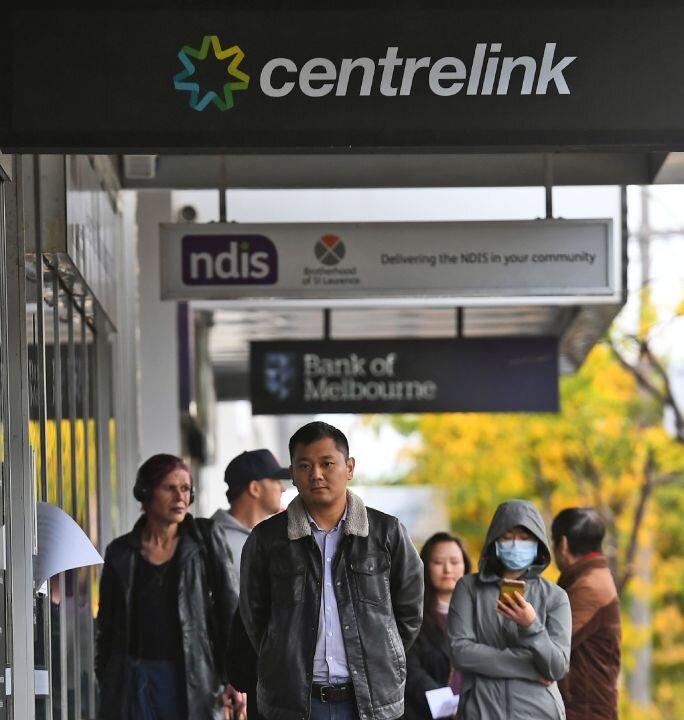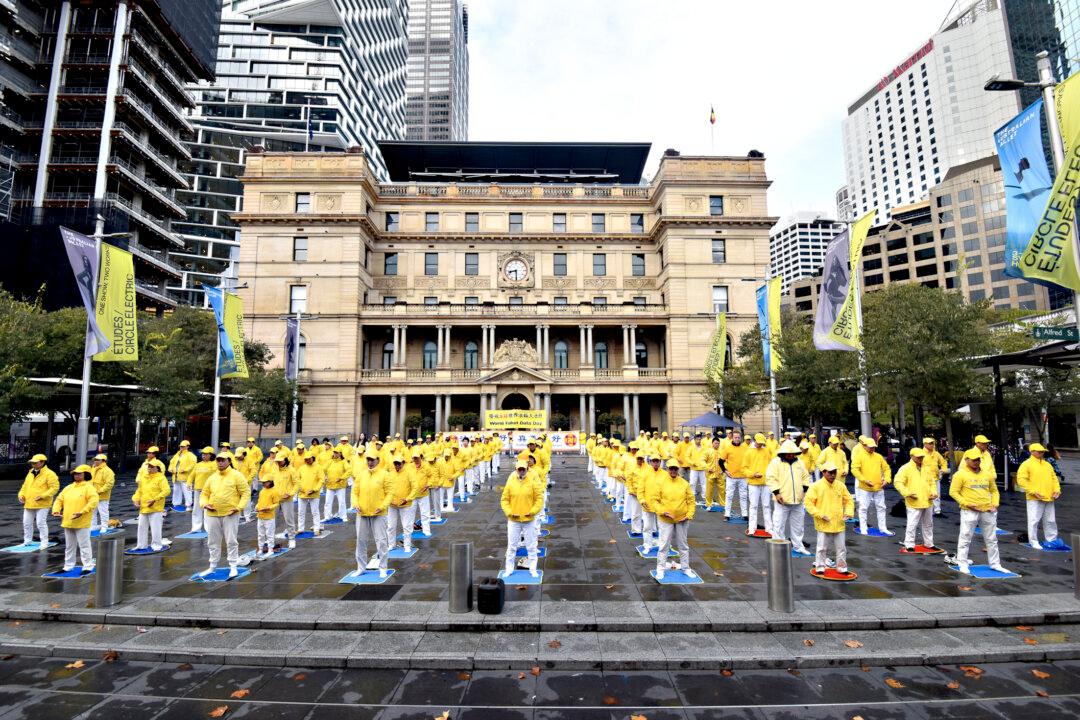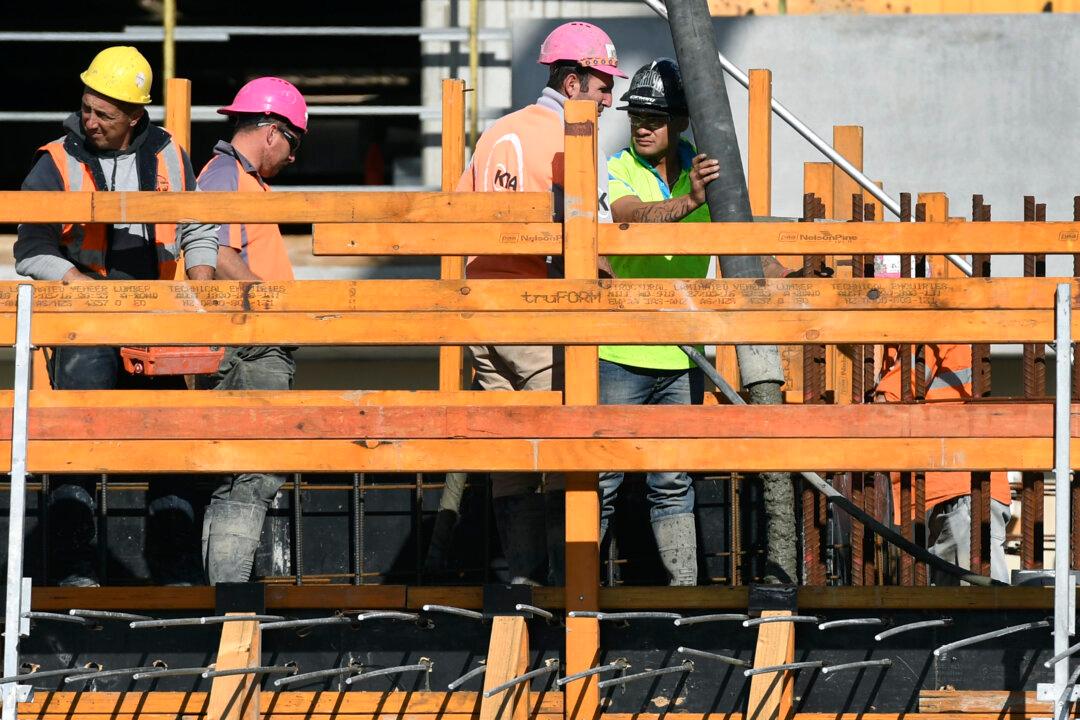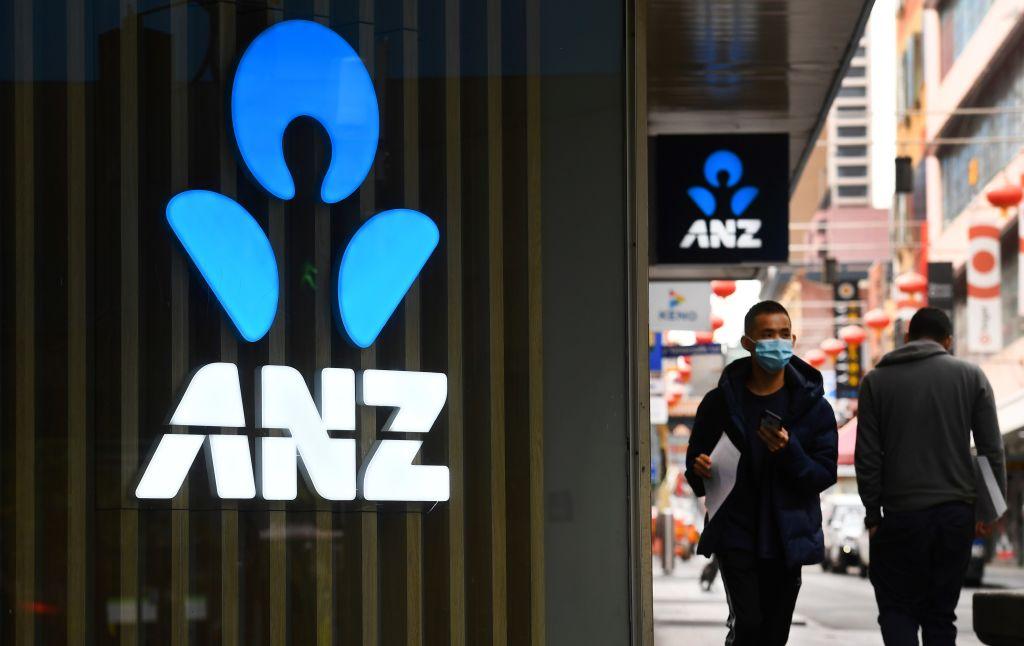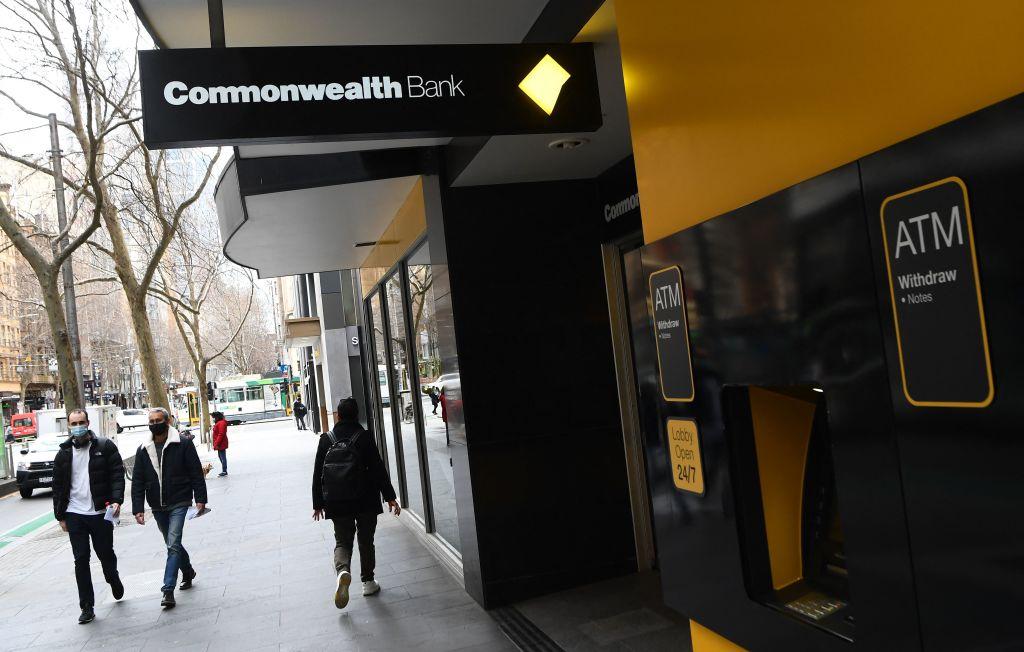As federal and state governments are preparing to reinvigorate the economy, a newly published report suggests the focus should be on boosting smaller projects and private business investment, as well as making overdue changes to improve productivity.
Deloitte’s latest quarterly Investment Monitor report released on May 6 maps out a road to recovery driven by smaller projects, in anticipation of “a deep recession in 2020” with widespread job losses and a drastic decline in business and consumer confidence.
